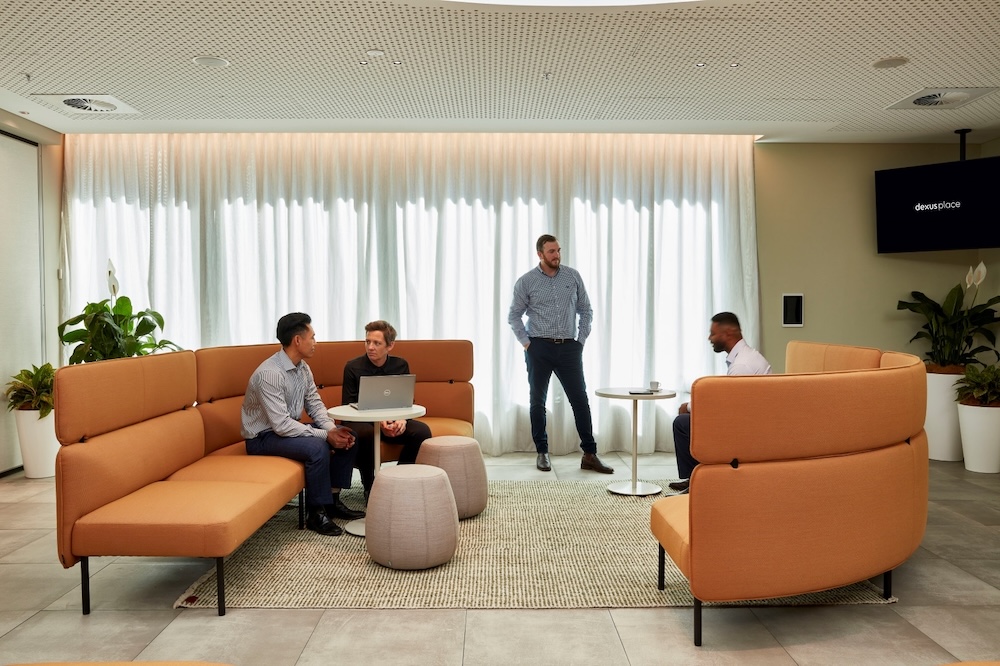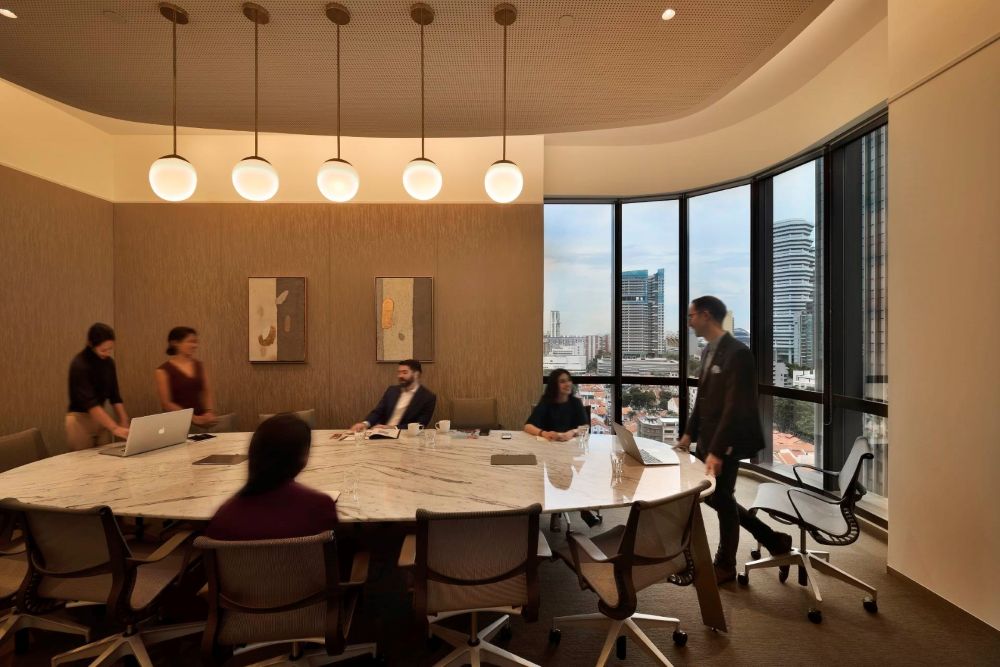A critical role for any successful Australian business, especially for SMEs, is played by trust. A strong foundation of trust truly underpins everything, from seamless daily operations to sustained long-term growth.
Unfortunately, a notable gap exists in the sentiment of trust within Australian workplaces. While a majority of employers express high levels of trust in their employees, the feeling is often not reciprocated; just over half of Australian employees feel a similar level of trust in their employers. This highlights a crucial area for improvement.
Practical, actionable strategies on how to create trust in the workplace will be provided. Empowering Australian SMEs to cultivate a strong, trusting culture is the objective.
Why Trust Matters in the Australian Workplace
A high-trust environment offers direct benefits for employees and the business as a whole. Such a culture fuels stronger relationships and enhances overall organisational health:
- Employees feel safe to express ideas, ask questions, or admit mistakes without fear of judgment.
- Individuals will be more invested in their work and perform better when they feel trusted and valued.
- Teams in high-trust environments are more willing to share information and work together effectively.
- Trust encourages risk-taking and the exploration of new ideas without fear of failure.
- Employees are more likely to stay with an organisation where they feel trusted and respected.
- A trusting environment lessens anxiety and fosters a more supportive atmosphere.
Trust has a profound impact on employee engagement, productivity, innovation, and retention in Australian SMEs. It fundamentally enables open communication and fosters a willingness to take calculated risks, accelerating growth and problem-solving.
How to Build a Culture of Trust in the Workplace
Building trust requires intentional effort and consistent action. It's an ongoing journey, not a destination. Let's explore practical strategies for how to create trust in the workplace within your Australian SME.
1. Lead with Authenticity and Transparency
A team judges a boss not just by their results, but by the strength of their character, and a workplace by the ability for all to act upon those values. That’s why it’s important for management and leadership to model trustworthy behaviour, ensuring their words align with their actions.
Honest and consistent communication, especially during challenging times, significantly helps create trust in the workplace.
Being transparent about company goals, challenges, and decisions can shape how your teams interact with the work that they do:
- It ensures everyone is on the same page regarding company direction and objectives.
- Hearing it from the source quells rumours and misinformation that can erode trust and morale.
- Employees feel valued and more invested when kept informed.
- Having a clear understanding of the company’s roadmap provides employees with the context needed to make better decisions in their roles.
2. Foster Psychological Safety
Psychological safety is simply the belief that one can speak up, ask questions, or admit mistakes without fear of punishment or humiliation. For Australian SMEs figuring out how to create a culture of trust in their workplace, actively encouraging diverse ideas and constructive feedback will be a starting point.
Psychological safety is crucial for genuine collaboration and fostering innovation; conversely, its absence can stifle creativity and lead to fear and silence.
3. Empower Employees and Show Respect
Delegating meaningful responsibilities and showing confidence in employees' abilities holds immense importance. A high-trust environment should never tolerate workplace bullying, which unfortunately affects a significant portion of Australian workers, according to a 2024 report by Seek. Showing genuine interest in employees' lives and wellbeing builds stronger relationships and deepens trust.
If a business can learn to accommodate different work styles and acknowledge individual contributions, then employees at all levels of the organisational structure will feel valued for the work they do.
4. Ensure Fairness and Consistency
Fair processes in decision-making, performance evaluations, and compensation are absolutely critical. Imagine a scenario where two employees perform identically, yet one receives a disproportionately higher bonus without clear justification – trust would immediately erode. Consistency in applying policies and treating all employees equitably is paramount. Consistent behaviour from leadership builds reliability and predictability, which are key components of building trust.
5. Prioritise Communication and Feedback
Establishing clear, consistent, and two-way communication channels is fundamental to building a culture of trust. Actively listening to employee feedback and acting on it demonstrates genuine respect and significantly builds trust. Implementing regular check-ins and open forums where concerns can be raised and addressed directly helps improve teamwork and collaboration while reinforcing transparency.
6. Invest in Growth and Development
Investing in your staff and their development tells them two things: One, that you value the contributions they’ve made in the workplace; and two, that you want them around in your long-term plans for this business.
Providing opportunities for personal and professional growth shows employees they are truly valued. Building trust means investing in your people. Training and development programs contribute significantly to employees' competence and confidence in their roles, which are crucial pillars of trust and loyalty within the workplace.
Overcoming Common Trust Challenges for SMEs in Australia
Australian SMEs might face specific challenges when building a culture of trust. These can include resource limitations inherent to smaller businesses or the rapid changes experienced during growth phases. Proactive, actionable strategies are key to addressing these effectively.
Here are common trust challenges for SMEs in Australia and possible solutions:
- Leadership in Small Businesses: Many Australians express distrust in corporate entities; in fact, a Roy Morgan webinar in July 2024 highlighted significant distrust in corporate Australia, with CEOs often held responsible for corporate failures. For SMEs, where leaders are more visible, their actions have an outsized impact on building trust.
- Possible Solutions: Leaders should consistently model authentic behaviour, deliver on promises, and engage in genuine two-way communication. Transparency about decisions, even difficult ones, is crucial for fostering trust.
- Creating a Sense of Belonging: In hybrid or remote work setups, ensuring employees feel connected and valued can be harder. Remote workers might feel isolated or overlooked, impacting their sense of belonging and ultimately, their trust in the organisation.
- Possible Solutions: Actively create opportunities for informal social interaction, both in-person and virtually. Regularly acknowledge individual contributions and celebrate team successes to create a sense of belonging at work.
- Physical Environmental Barriers: Traditional office layouts, with rigid cubicles or closed-door offices, can inadvertently create silos and hinder natural interaction, making it difficult for employees to connect across teams. A physical environment that doesn't encourage open communication can inadvertently breed distrust due to a lack of visibility.
- Possible Solutions: Design workplace environments that encourage spontaneous collaboration. Incorporate versatile spaces that support different work styles, including quiet zones for focus, hot desks for a change of pace, and open areas for informal discussions. Having varying workspace layouts will allow teams to work in a way that suits them best, helping break down silos at work.
The Foundation of Your Thriving SME

Building a culture of trust in the workplace is absolutely vital for Australian SMEs. This fundamental commitment on how to create trust in the workplace leads directly to increased employee retention, higher productivity, and overall business success.
Australian businesses should actively work on building trust within their teams. Explore how partnering with The Work Project can provide a conducive environment, supporting your efforts to create a culture of trust in the workplace with adaptable coworking office solutions.






